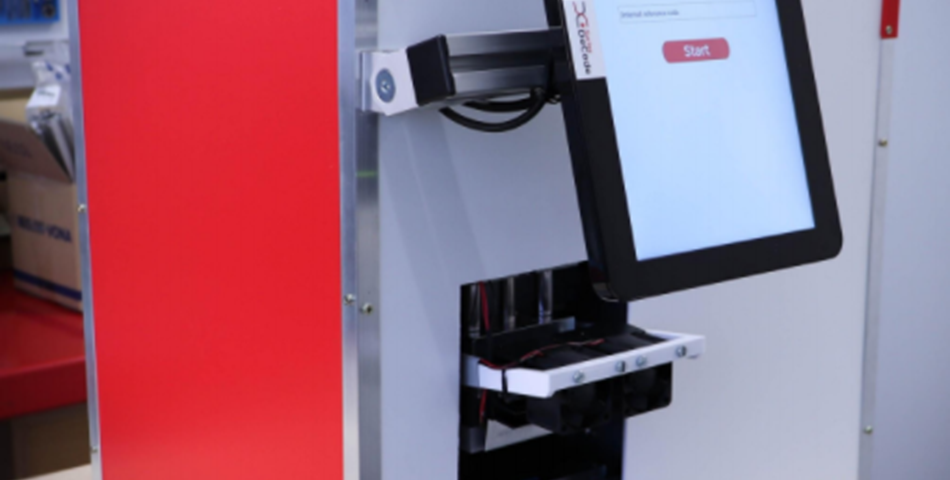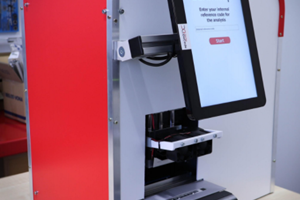The BEAMitup project, funded by the European consortium EIT Food, has launched a survey to collect the experiences and needs of agri-food companies, identify best practices and develop new solutions that allow the sector to work safely during and after the pandemic.
One of the greatest challenges of the pandemic, originating from SARS-CoV-2 virus, is to guarantee the safety of workplaces, especially in the agri-food sector, avoiding that outbreaks lead to business disruption and, for some, even the active spread of the virus through raw materials or finished products, such as for frozen foods or meats.
The issue is important not only in terms of public health risk, but also from a trade balance perspective, with several cases of Coronavirus contamination found on food packaging and surfaces (see the infographic attached). BEAMitup, a joint project between SwissDeCode (CH), Microbion (IT), IATA CSIC (ES) and the University of Helsinki (FI), was launched with the aim to monitor the practices adopted by companies to ensure a rapid identification and management of outbreaks, and resilience after their containment.
Moreover, by developing new detection tools, the project will help companies to quickly and efficiently detect contamination on working surfaces, raw materials and finished products, from SARS-CoV-2 and other microorganisms that could threaten food safety and business operations.
Survey participants may choose to receive first-hand updates on the project and other exclusive rewards. The survey will help in developing the new rapid testing device, giving insight on the needs of the industry.
The device, currently under development, works with wet swab or liquid culture matrices, and it is already able to complete a full analysis in 1 hour, with very short hands-on time.
As next steps, the team is developing new validation tools for cleaning procedures, to be coupled with the detection device, which will have a testing time improved to just 35-40 minutes. The final version is expected to be ready in early 2021.














